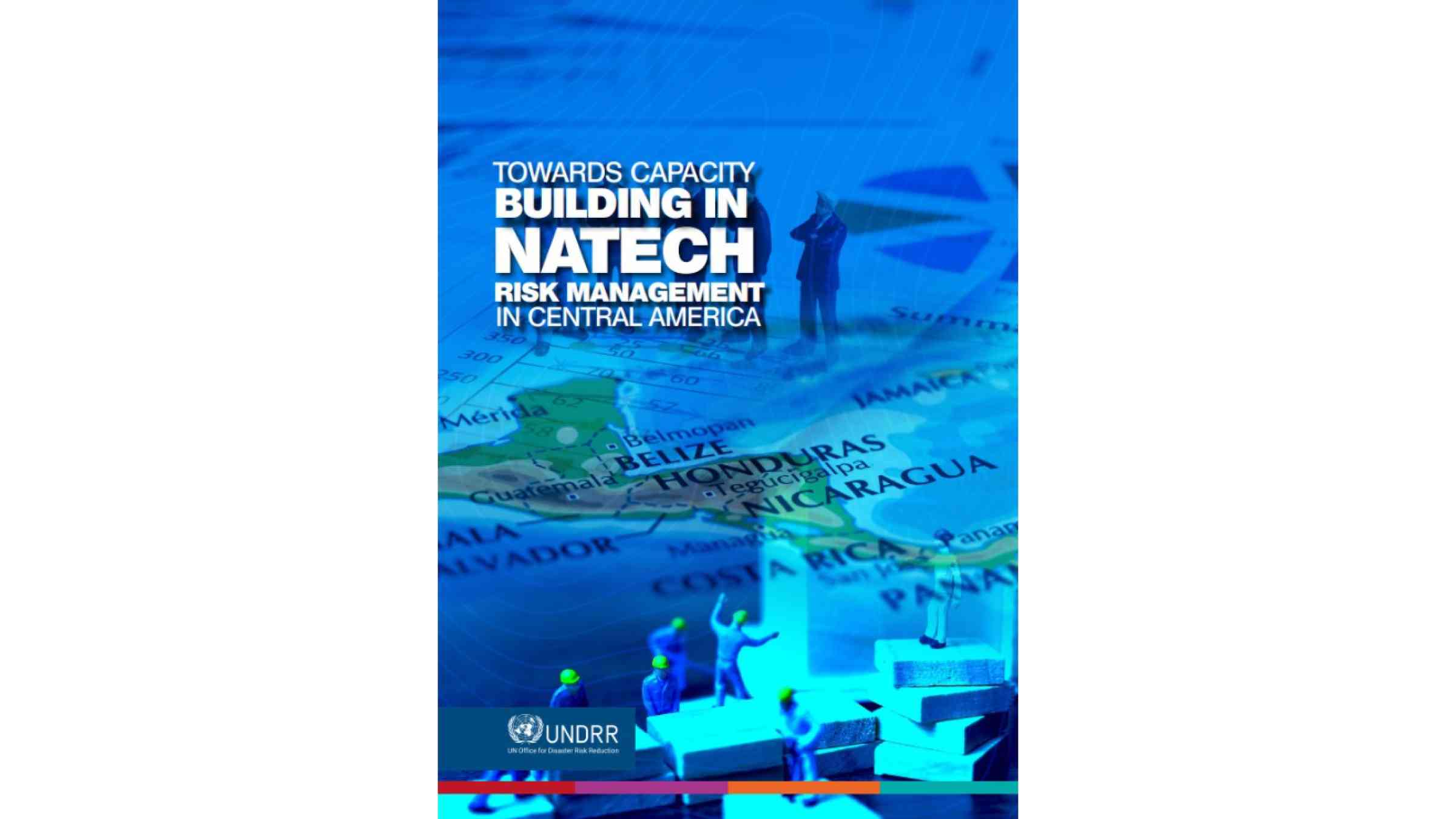Climate Change and Disasters: A Call for Private Sector Engagement

The intensification of climate change poses a grave threat worldwide, impacting people, the environment, and infrastructure. The most vulnerable are hit hardest, highlighting the urgent need for action from all sectors. Governments, global leaders, and the private sector must collaborate on resilience strategies and risk mitigation. Reports like the Global Assessment Report (GAR) 2022 stress the increasing risks to critical infrastructure, especially in coastal areas vulnerable to sea-level rise. Earthquakes and volcanic eruptions also pose significant threats, causing widespread devastation and global repercussions. These disasters impact food supply chains and economies, hindering progress toward Sustainable Development Goals (SDGs). Human activities and inadequate risk reduction measures exacerbate these risks, amplifying inequalities and vulnerabilities, particularly in regions like Central America. Emerging hazards, including pandemics and Natech events, further complicate the risk landscape.
Natech events, which are natural-hazard-triggered technological accidents, can lead to severe consequences such as loss of containment, spills, fires, and explosions. These incidents not only affect the enterprise, its workers, processes, and assets but also pose significant risks to the surrounding community and environment. Businesses need comprehensive risk management approaches that consider not only external disasters but also their own internal risks, such as the use of hazardous materials and dangerous energies, which can compound the potential for disaster when combined with natural hazards. A notable example is the incident in Cuba in 2022, where lightning struck a crude oil storage tank, resulting in explosions, a domino effect on neighboring tanks, significant air and water pollution, and extensive harm to the local community and ecosystem.
The recent report, "Towards Capacity-Building in Natech Risk Management in Central America," explores strategies for addressing these challenges. It provides a detailed analysis of the risks posed by Natech events and offers guidance on integrating risk management into disaster preparedness efforts. The report targets businesses, policymakers, and community leaders, aiming to enhance their understanding and capability to manage Natech risks effectively. By focusing on both the economic and social impacts of these events, the report underscores the need for comprehensive approaches to safeguard communities and the environment.
This report was significantly informed by the workshop held in San Pedro Sula, Honduras, on October 31, 2023. The workshop, titled "Technological Risk Scenarios and Natural Events in Central America - NATECH Risk Management as a Tool for Disaster Risk Reduction," was crucial in validating key points and consolidating the report's content. It emphasized the importance of collaborative work and public-private partnerships in enhancing Natech risk management and resilience in the region. Through investment in resilient infrastructure, adoption of sustainable practices, and collaboration with governments and communities, businesses can bolster disaster preparedness and recovery efforts, ultimately benefiting both the economy and society. This workshop was organized and actively supported by the ARISE network in Honduras (led by Fundahrse), CEPREDENAC, and ARISE networks in Guatemala, El Salvador, Panama, the Dominican Republic, and Colombia.
Moreover, businesses can leverage their expertise and resources to innovate solutions for climate resilience, ranging from early warning systems to sustainable supply chain management. The Natech risk management plan proposed by Colombia’s national disaster management organization, Unidad Nacional para la Gestión del Riesgo de Desastres (UNGRD), underscores the importance of understanding and managing these complex risks. This initiative highlights the need for systematic data collection, analysis, and informed strategy development based on historical lessons learned. Such frameworks should align with government strategies, ensuring comprehensive risk management and resilience-building across sectors.
Central America's experience underscores the urgency for private sector engagement in disaster risk management. By aligning business interests with sustainable development goals, companies can contribute significantly to building resilient communities and safeguarding against the escalating impacts of climate change. A holistic approach to Natech risk management, which considers the correlation between industrial facilities and their environments and involves all stakeholders, including governments, businesses, and communities, is essential for better-prepared and more resilient societies and industries.
Read more here